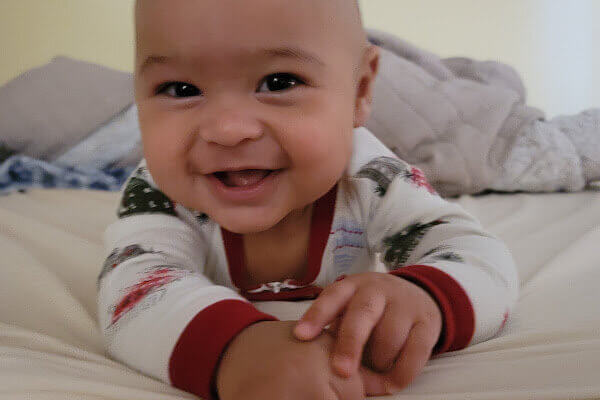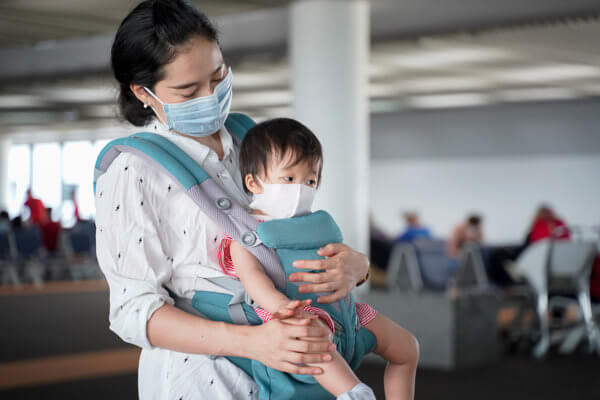By Nicole Lyn Pesce Are parenting magazines sending the wrong message? A new study says they may be putting kids’ safety at risk. A study published in the journal “Pediatrics” on Monday finds that more than one-third of publications targeted toward women ages 20 to 40 show pictures of babies in unsafe sleeping positions, which could be dangerous for new parents. The American Academy of Pediatrics (AAP) recommends that caretakers put newborns to sleep on their backs, and to avoid loose bedding, soft sleeping surfaces and bed sharing, which can reduce the risk of Sudden Infant Death Syndrome (SIDS). But when the “Pediatrics” study examined almost 400 pictures of sleeping babies from 28 women’s magazines, including “Parenting,” “Pregnancy” and “Baby Talk,” the infants were often portrayed curled up on their sides or sleeping on their bellies in many advertisements. The tots were shot on their stomachs or sides 36 percent of the time, and 63 percent of photos showed hazardous sleeping environments that contained pillows, stuffed animals and blankets, or sharing a bed with an adult. “It’s a subliminal message. If a mom sees that [unsafe ad], she may think it’s OK to sleep her baby in that particular position,” Brandi Joyner, the lead author of the study and a SIDS researcher and health educator at Children’s National Medical Center in Washington, D.C., told ABC News. “That causes confusion as far as complacency in infant sleep practices.” And it doesn’t help when celebrities and parenting icons appear to make the same mistake. “I recall the images of Jennifer Lopez’s nursery [from ‘People’ magazine] for her newborn twins,” Dr. Fern Hauck, a member of the AAP Task Force on, also told ABC. “Fluffy comforters, bumper pads […] totally wrong message. You can be sure that all those readers took away the message that this was the nursery to yearn for.” Read more here
Are parenting magazines sending the wrong message? A new study says they may be putting kids’ safety at risk.



